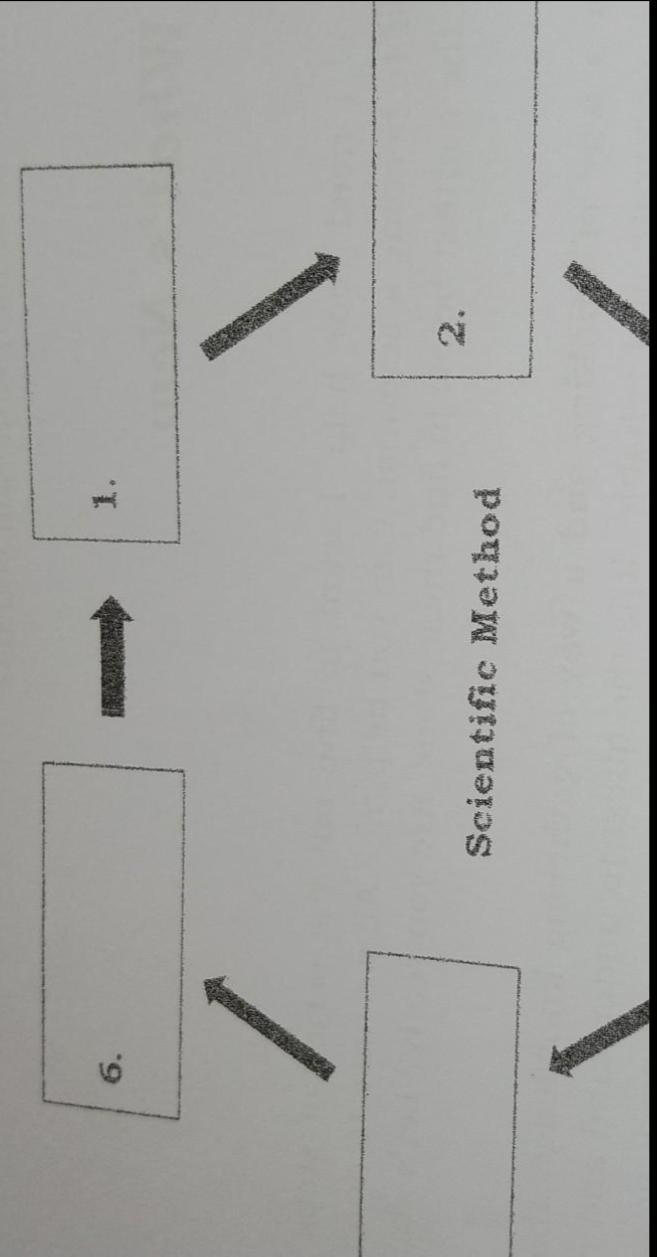Answer:
>Ask a question
>Do background research
>Construct a hypothesis
>Test your hypothesis by doing an experiment
>Analyze your data and draw a conclusion
>Report your results (Was yourhypothesis correct?)
Explanation:
The scientific method is a process for generating new knowledge and understanding of the world. It involves the systematic observation and measurement of natural phenomena, the research of problems concerning other phenomena and the application of scientific models to the solution of practical problems. The scientific method is often used as an umbrella term for a number of methods that employ it:
Hypothesis generation: A good hypothesis is one that can be tested. The general strategy here is to generate as many hypotheses as possible, then test them using experiments or observations. For example, if you are trying to figure out why your car has lost its power, you might hypothesize that it's because there's water in the carburetor, which would require you to drain it and possibly replace the carburetor. Then you could conduct an experiment by taking your car for a drive and seeing if it performs better or worse than normal when wet. You could also observe how long your engine runs dry before shutting down (which would indicate whether there's water in the fuel). If you find that there is no difference after running dry or wet for some time (or at all), then your hypothesis is falsified and you have eliminated it from consideration #CarryOnLearning


